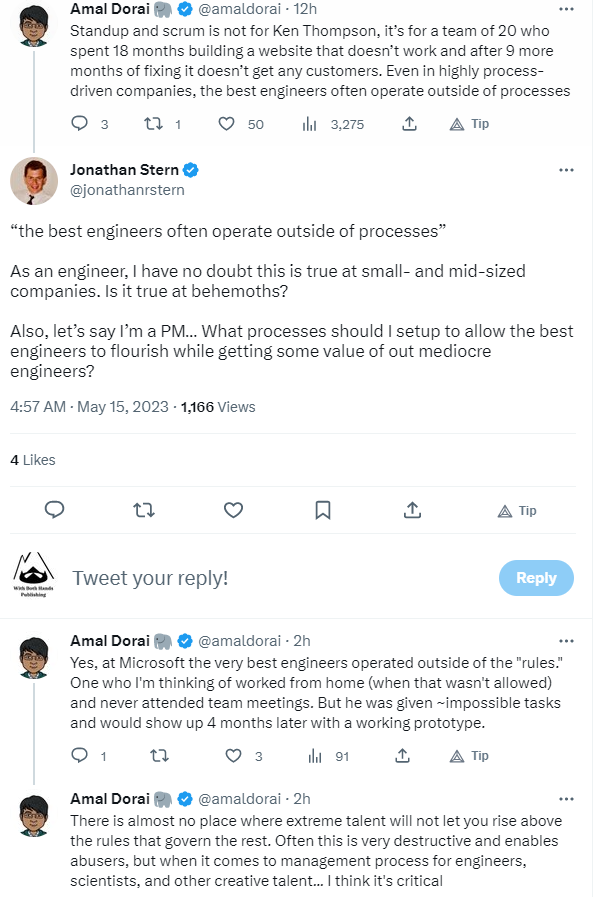Generic Degrees
From Confessions of a Community College Dean:
Ask the Administrator: The Generic Degree
An occasional correspondent writes:
Some jobs out there are advertised as requiring a college degree, but
the employers don't care what was actually studied. So these employers
are in effect using college as a four-year hundred-thousand-dollar
screening test, with perhaps a bit of intellectual calisthenics for
good measure.
I had a chance to discuss this with a supervisor at one of the
management consulting companies, and he confirmed this is in fact
their policy. I suggested that since they don't care about any
specific knowledge -- only smarts and the willingness to work hard --
they should be open to hiring people right out of high school. Some
high-school students can point to significant intellectual
accomplishments, after all. But no, this is Just Not Done.
A four-year degree seems like a very expensive way of doing
intellectual quality control. Could we do better?
I hate to admit it, but there’s some truth to this.
I saw this quite a bit at PU, where some older students were already well into their careers and doing well there, but they needed their hands stamped in order to move up to the next level. They didn’t care much about the actual content of it; the point was to become eligible for management ranks. I took it as a personal victory when one of those students actually found value in a class I taught.
At an individual level, this can be kind of silly. Certainly it’s possible to be brilliant (or better, wise) without a degree, and to be bovine with one. And it’s also true that some jobs that stipulate college degrees don’t really draw on the skills that a degree is supposed to confer, whatever the major. Degree factories exist for that very reason.
That said, though, I like to think that a bachelor’s degree from a real college -- as opposed to a degree factory -- carries some meaning.
At one level, it shows the ability and willingness to stick to a program. Given the prevalence of college dropouts, those who actually finish have at least shown the ability to get their stuff together sufficiently to fulfill a multiyear commitment. (Along similar lines, students who transfer from cc’s with associate’s degrees tend to finish bachelor’s degrees at far higher rates than those who transfer with scattered credits. The graduates are those who finish what they start.) It shows the ability to navigate a bureaucracy, which is an essential workplace skill for most of the higher-paying jobs.
If the college is at least halfway serious, a degree should indicate some ability to handle complexity, to communicate at least functionally, and keep one’s balance when dealing with numbers. One of my personal indices for wisdom is the ability to handle ambiguity. Clueless people can be trained to do almost anything routine; the real test comes when the routine has to change. Some of that is temperamental, but some has to do with the ability to discern the bigger picture.
The actual content of the degree is another issue. I don’t often draw on my study of Restoration England, but I do draw on some of the skills developed through it. My social science training enabled me to stay awake and attempt to wring meaning out of long, boring, poorly-written texts; on the job, I use that skill every single day.
This is the kind of thing Charles Murray was talking about in his book Real Education. The higher education system has changed over time to meet the needs of the marketplace, but for reasons of educational romanticism has retained the dress and language of an earlier dispensation. This change isn't necessarily bad, but we should understand it for what it truly is.
The most persistent misunderstanding, here shown by the questioner's comment "a very expensive way of doing intellectual quality control", is that sending masses of people to college has anything whatsoever to do with the life of the intellect. As Dean Dad correctly notes, today college serves as a filter for high conscientiousness. Whether college imparts more C or simply sorts people by it is a fair question, but it is clear that those who successfully complete a four-year degree have better work ethic, ability to finish what they start, get organized, etc. than those who have not completed such a course. Thus it is entirely rational for businesses to sort applicants in this fashion.
Whether it is best for everyone is another matter entirely.



Comments ()